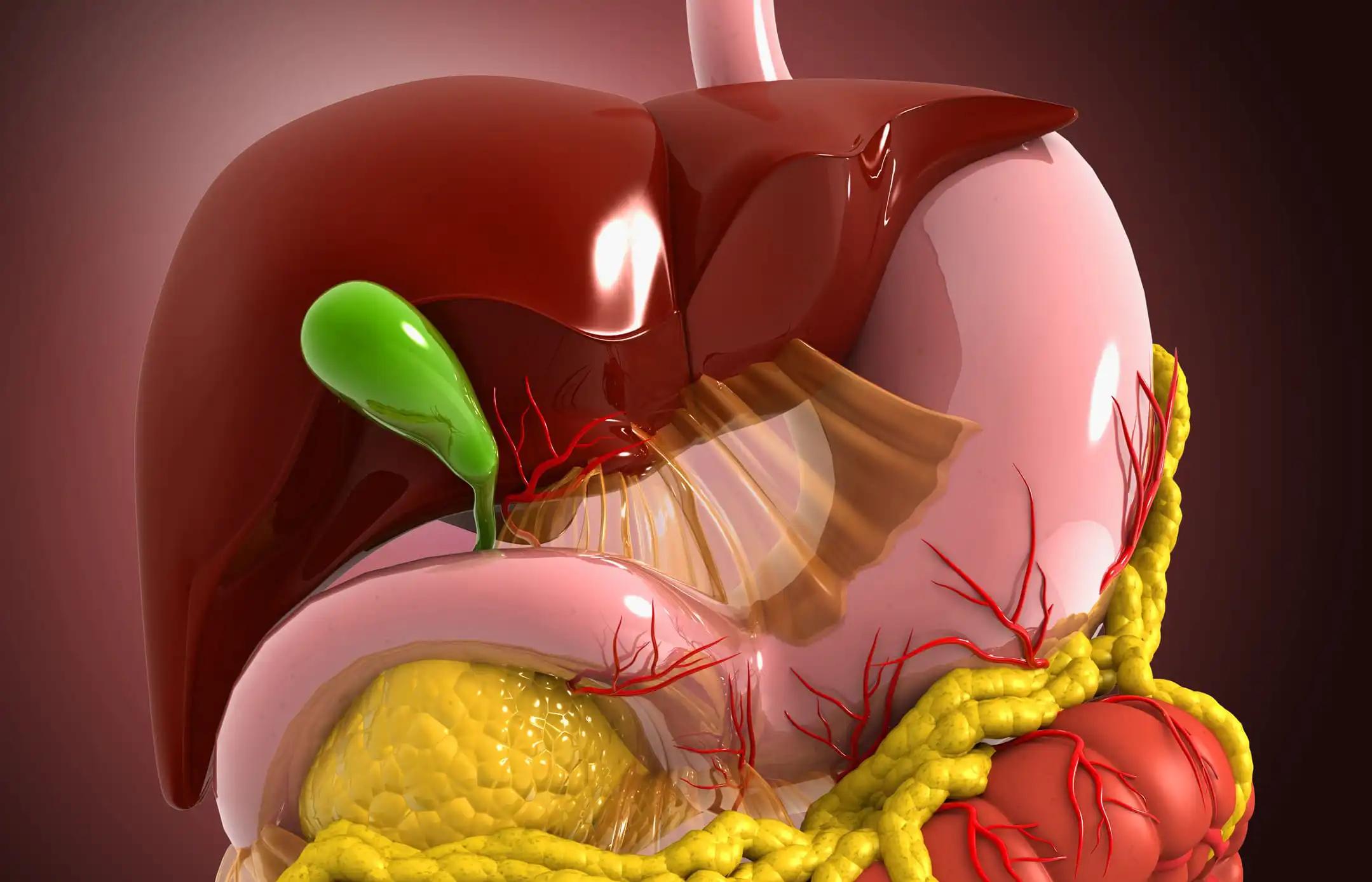KEY TAKEAWAYS
- The double-blind, phase III trial evaluated the efficacy and safety of pembrolizumab (200mg) in patients from Asia with previously treated advanced HCC.
- Pembrolizumab showed a statistically significant improvement in median overall survival (14.6 vs. 13.0 months) and median progression-free survival (2.6 vs. 2.3 months) compared to placebo.
- The objective response rate (ORR) was significantly higher in the pembrolizumab group (12.7%) compared to the placebo (1.3%).
- Treatment-related adverse events occurred in 66.9% of patients in the pembrolizumab group and 49.7% in the placebo group.
- Pembrolizumab may be considered a treatment option for previously treated advanced HCC in Asian patients.
Pembrolizumab’s effectiveness and safety were studied in patients with advanced hepatocellular carcinoma (HCC) who had received prior treatment in Asia. Patients with advanced HCC who had disease progression while on sorafenib or oxaliplatin-based chemotherapy or who were unable to take these drugs due to intolerability were randomly assigned to receive either pembrolizumab (200 mg) or placebo once every 3 weeks for at least 35 cycles plus best supportive care in a double-blind, phase III trial.
The one-sided significance criterion for the final analysis was P =.0193, with overall survival serving as the primary end objective. Both progression-free survival (PFS) and objective response rate (ORR; one-sided significance criterion, P =.0134 and .0091, respectively [second interim analysis]; RECIST version 1.1, via blinded independent central review) were considered secondary end objectives.
Pembrolizumab patients lived longer than those given a placebo (14.6 months versus 13.1 months; hazard ratio for death, 0.79; 95% CI, 0.63 to 0.99; P =.0180). Pembrolizumab patients had a more prolonged median progression-free survival (PFS) than those who received a placebo (2.6 months vs. 2.3 months; hazard ratio for progression or death, 0.74; 95% CI, 0.60 to 0.92; P =.0032). The ORR in the pembrolizumab group was significantly higher than in the placebo group (P< .0001), coming in at 12.7% (95% CI, 9.1 to 17.0). In addition, patients receiving pembrolizumab were more likely than those receiving a placebo to experience treatment-related adverse events (grade 3: 12.0%; grade 4: 1.3%; and grade 5: 1.0%), while those receiving a placebo were no more likely than those receiving pembrolizumab to experience such events (grade 3: 5.9%; grade 4: 0%; and grade 5: 0%).
Pembrolizumab significantly increased overall survival, progression-free survival, and objective response rate compared to placebo in patients from Asia with previously treated advanced HCC.
Source: https://pubmed.ncbi.nlm.nih.gov/36455168/
Clinical trial: https://clinicaltrials.gov/ct2/show/NCT03062358
Qin, S., Chen, Z., Fang, W., Ren, Z., Xu, R., Ryoo, B.-Y., Meng, Z., Bai, Y., Chen, X., Liu, X., Xiao, J., Ho, G.F., Mao, Y., Wang, X., Ying, J., Li, J., Zhong, W., Zhou, Y., Siegel, A.B. and Hao, C. (2022). Pembrolizumab Versus Placebo as Second-Line Therapy in Patients From Asia With Advanced Hepatocellular Carcinoma: A Randomized, Double-Blind, Phase III Trial. Journal of Clinical Oncology. doi:https://doi.org/10.1200/jco.22.00620.



